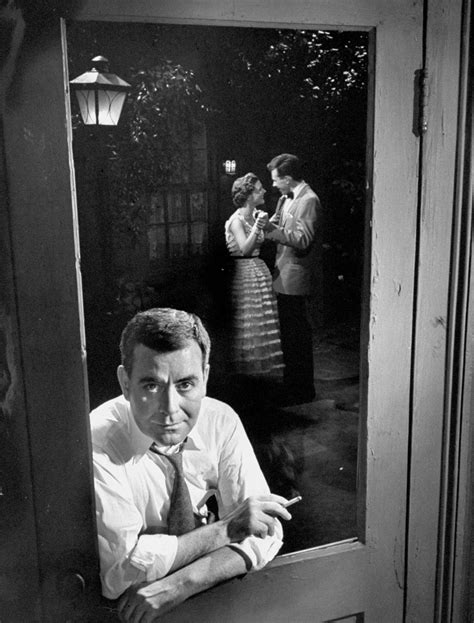Top 21 Quotes & Sayings by Horton Foote
Explore popular quotes and sayings by an American playwright Horton Foote.
Last updated on April 20, 2025.
I believe very deeply in the human spirit, and I have a sense of awe about it. I look around and ask, 'What makes the difference? What is it?' I've known people the world has thrown everything at - to discourage them, to kill them, to break their spirit. And yet something about them retains a dignity. They face life and they don't ask quarters.
I often write about nonreligious people, and I try to find situations where their sense of humanity is restored or discovered. I think you can be a good person in many ways. And I think you often have to be careful that prayer can seem superficial, because it's a very complicated thing to love your neighbor as yourself.
I have enormous respect for the human being because they're asked to take on a lot. And I don't think there's any easy solution. But I think the journey is what you have to finally be satisfied with, but not be afraid of the lessons one has to learn... it ends up as grace. And you grow; you find a way to continue.






















